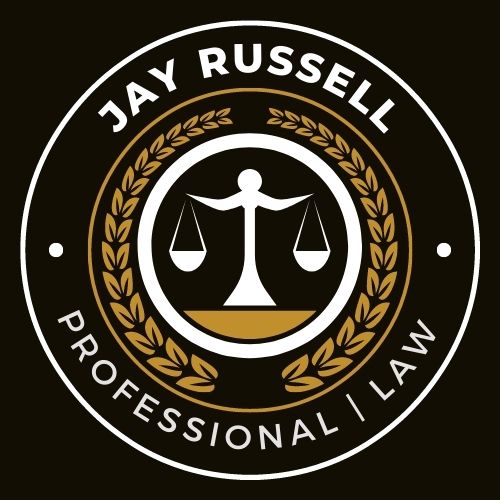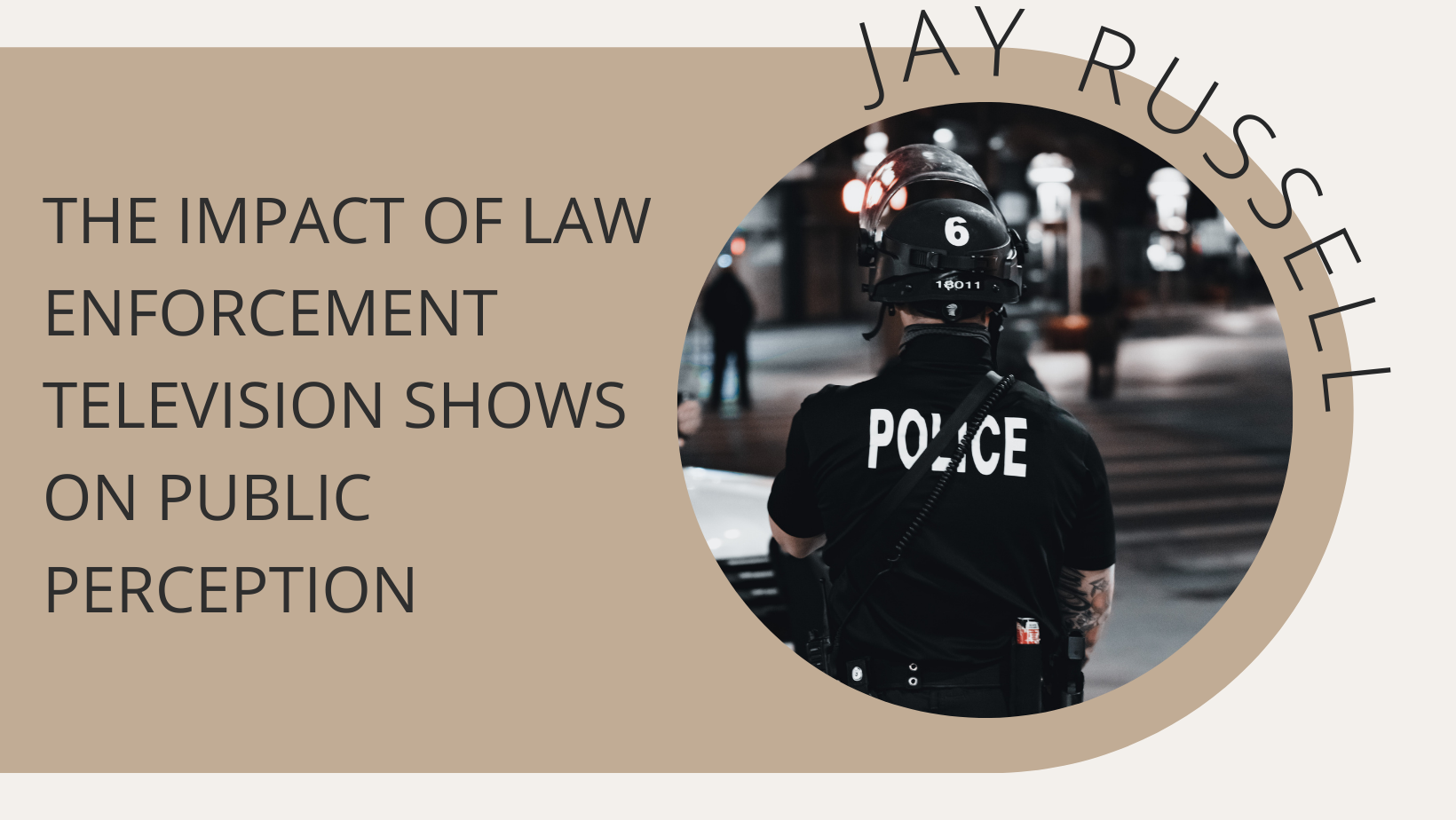Law enforcement television shows have long been a staple of entertainment, captivating audiences with their crime-solving narratives, suspenseful plots, and charismatic characters. While these shows provide entertainment value, they also significantly shape public perception of law enforcement, crime, and the criminal justice system. In this article, we’ll delve into the impact of law enforcement TV shows on public perception and the implications they carry.
Shaping Stereotypes and Expectations: Law enforcement TV shows often use archetypal characters and scenarios to create engaging stories. These portrayals can inadvertently shape stereotypes about police officers, detectives, and criminals. The “good cop-bad cop” dynamic, for instance, reinforces certain expectations about law enforcement behavior during interrogations.
Influence on Attitudes and Beliefs: The portrayal of law enforcement in TV shows can influence public attitudes and beliefs. Positive portrayals may foster trust and respect for police, while negative depictions can lead to skepticism and mistrust. This influence extends to perceptions about the justice system, courtroom procedures, and the role of evidence.
Accuracy vs. Dramatization: TV shows often blend elements of reality with dramatization for entertainment value. While this artistic license enhances storytelling, it can blur the lines between fact and fiction. Viewers may internalize dramatized portrayals as accurate representations of police procedures, leading to misunderstandings about legal processes and police work.
Perception of Crime Rates: TV shows can influence crime rates and types of perceptions. Frequent exposure to crime-focused shows may lead viewers to overestimate the prevalence of certain crimes or believe that violent crimes are more common than they are.
Real-Life Impact on Jurors: Research suggests that TV portrayals of crime and justice can impact jurors’ expectations and decision-making during real trials. Jurors exposed to fictional depictions of forensic science and courtroom drama may have unrealistic expectations about the strength of evidence and the speed of trials.
Effects on Trust and Accountability: Negative portrayals of law enforcement can erode public trust and highlight concerns about police misconduct and accountability. Conversely, overly heroic portrayals may downplay real issues within law enforcement agencies.
Opportunities for Dialogue: Law enforcement TV shows provide opportunities for critical discussions despite potential drawbacks. They can spark conversations about police procedures, civil liberties, and the nuances of criminal justice. Media literacy and open dialogue can help viewers distinguish between entertainment and reality.
Law enforcement television shows hold powerful sway over public perceptions, contributing to our understanding of crime, justice, and the roles of law enforcement officers. While these shows offer thrilling narratives, it’s essential to recognize their potential to influence attitudes, stereotypes, and beliefs. By engaging in informed discussions and media literacy efforts, viewers can navigate the complexities of law enforcement portrayals and contribute to a more nuanced understanding of crime and justice in fiction and reality.

